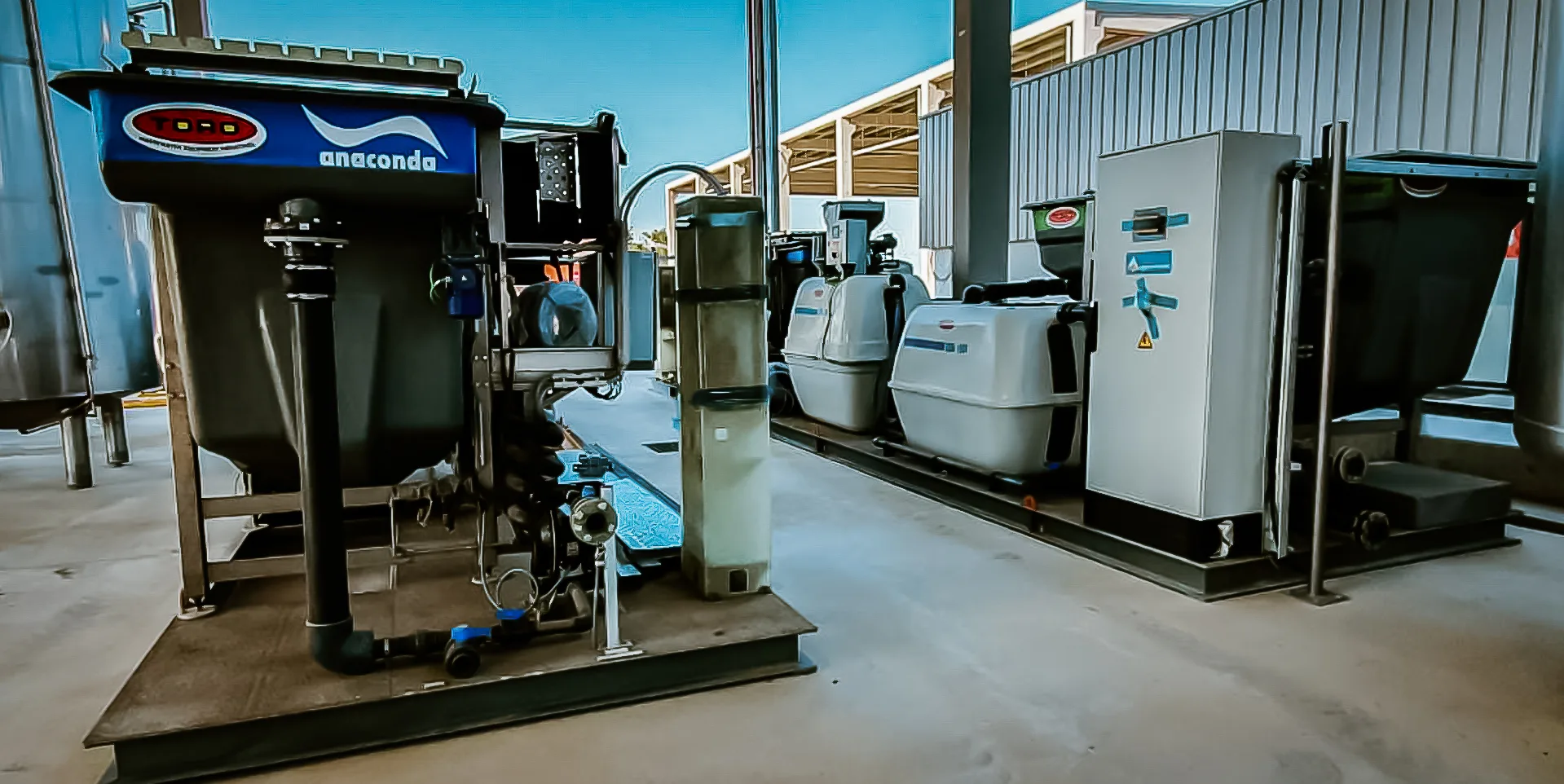

Chlorination water treatment. Chlorination water treatment is a common method used to disinfect water and make it safe for consumption. Chlorination involves adding chlorine to water to kill harmful bacteria and pathogens that can cause waterborne diseases. This process is widely used in municipal water treatment plants, as well as in private wells and swimming pools. Chlorine is a powerful disinfectant that effectively destroys a wide range of microorganisms, including bacteria, viruses, and protozoa. It works by disrupting the cell membranes of these organisms, leading to their death. Chlorination is a cost-effective and efficient way to ensure that water is safe to drink. One of the main advantages of chlorination is that it provides residual protection, meaning that it continues to kill bacteria even after the initial treatment. This helps to prevent the regrowth of harmful organisms in the water supply. However, there are some potential drawbacks to chlorination water treatment. One concern is the formation of disinfection byproducts (DBPs) when chlorine reacts with organic matter in the water. Some DBPs, such as trihalomethanes (THMs), have been linked to health risks, including cancer. To mitigate this risk, water treatment facilities may use alternative disinfection methods or additional treatment processes to remove DBPs. Another issue with chlorination is the potential for chlorine-resistant pathogens to develop over time. These resistant organisms can pose a threat to public health and may require the use of higher chlorine concentrations or different disinfection methods. Despite these challenges, chlorination remains a widely used and effective method of water treatment. It is important for water treatment facilities to carefully monitor chlorine levels and water quality to ensure that the treatment is being carried out properly. In conclusion, chlorination water treatment is a valuable tool for ensuring the safety and quality of drinking water. By understanding the benefits and limitations of chlorination, water treatment professionals can make informed decisions to protect public health and provide clean, safe water for communities around the world.